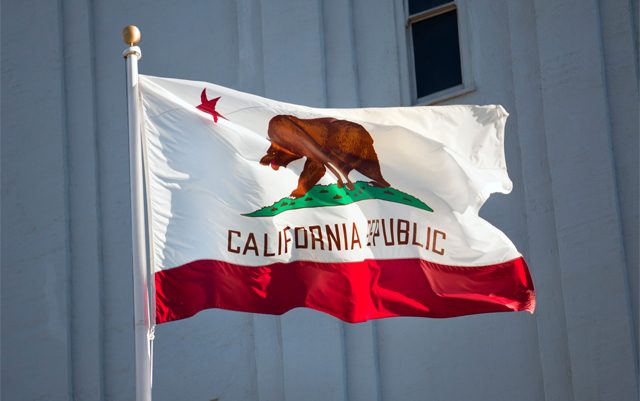According to a new report from the global credit ratings firm Fitch Ratings, taxes on legal adult-use marijuana in some parts of California could equal or even exceed 45 percent.
“High tax rates raise prices in legal markets, reinforcing the price advantage of black markets,” the firm said in the report. “California’s black markets for cannabis were well established long before its voters legalized cannabis in November 2016 and are expected to dominate post-legalization production.”
In other words, if taxes raise the price of legal cannabis too much, most people will stick with their illegal dealers. Licenses for legal businesses are expected to start being issued on January 1, 2018. The state is levying a 15 percent excise tax on legal cannabis, as well as $9.25 per ounce for cannabis flowers and $2.75 per ounce for leaves. Add to this the fact that dozens of towns, counties and municipalities have already approved local sales taxes ranging from 7.75 percent to 9.75 percent and you can see how the tax percentages can quickly be ramped up.
One of the advantages of legalization is that the price of legal cannabis – if left alone – will easily undercut the price of illegal cannabis, driving criminal elements out of the market. But if the government intervenes and drives up the price of legal marijuana with excessive taxes, that advantage is greatly diminished and can even be wiped out completely.
While taxes are an obvious and successful selling point when it comes to legalizing marijuana for adult use, the fight to keep them low after legalization is realized will be a constant one. States like Colorado have seen hundreds of millions of dollars in tax revenue, which means taxes are low enough for the many incentives associated with buying cannabis on the legal market as opposed to the illegal one to kick in and drive consumers to the legal market. If they raised taxes in Colorado they could raise the price too much and drive people out, possibly resulting in less revenue. They could also conceivably raise more revenue by lowering taxes on legal cannabis, the extra consumers coming to the legal market covering the shortfall.
It’s a balancing act that local and state governments will be performing for years to come. Taxes, more than anything else, will determine how quickly the black market for cannabis is marginalized in California and beyond.






